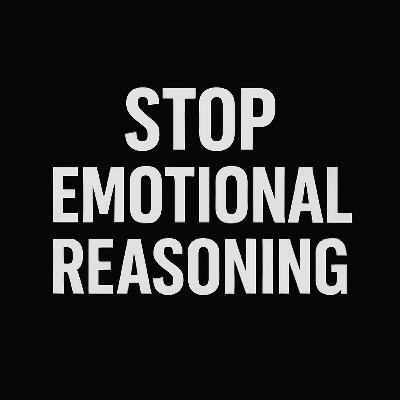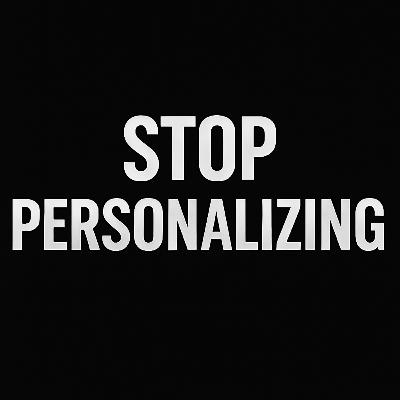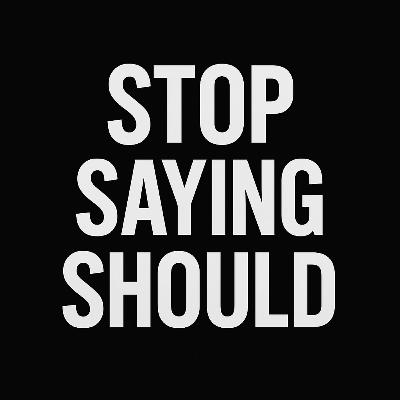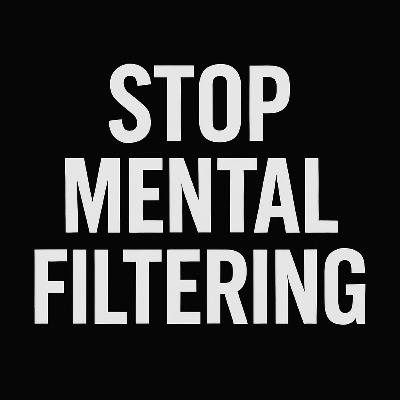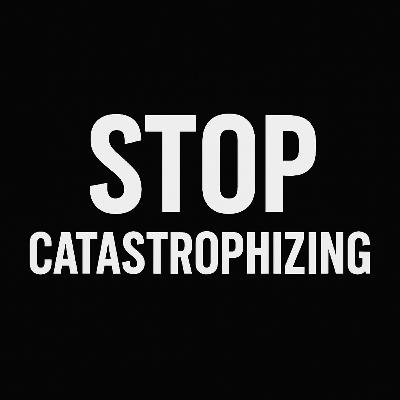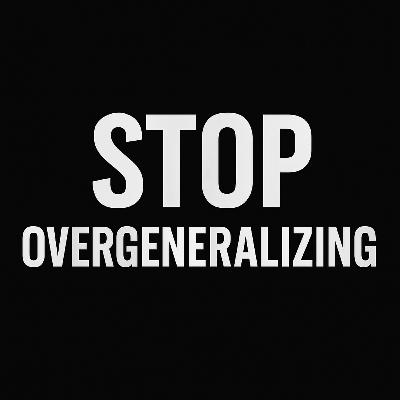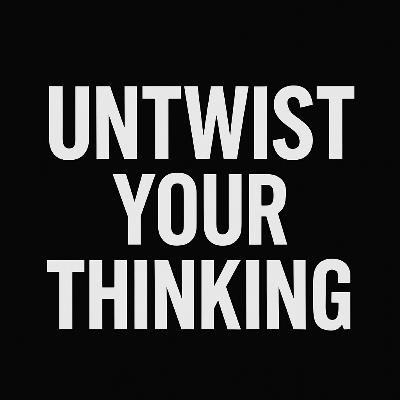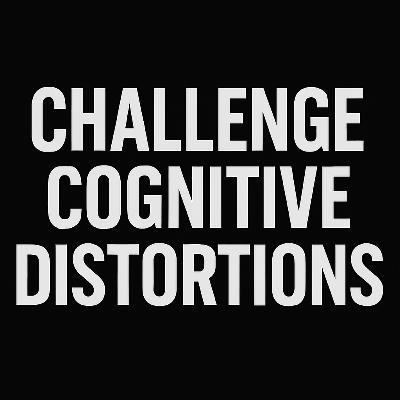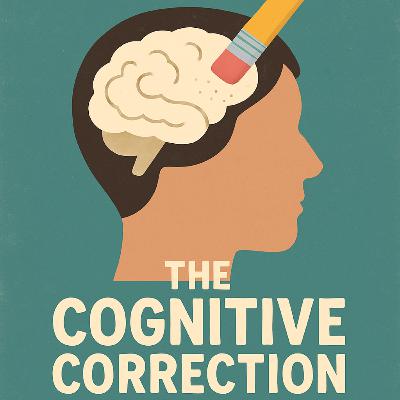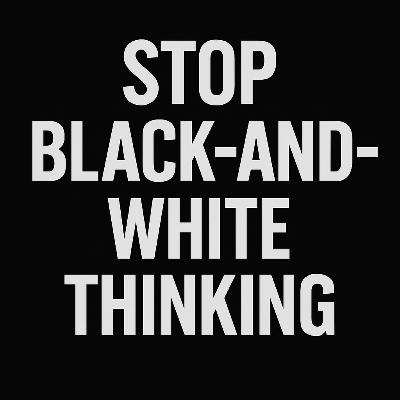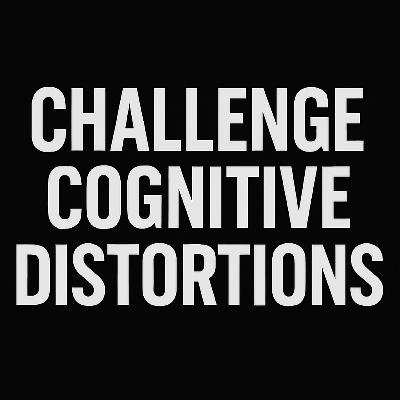Cognitive Distortions: Emotional Reasoning - When "I Feel It, Therefore It Must Be True" Gets You Stuck
Description
Are you ever convinced something is true just because you feel it strongly? Welcome to our episode on emotional reasoning, a common cognitive distortion where we use our feelings as proof of reality. It's like thinking "I feel it, therefore it must be true". This creates an "emotional truth" that can clash with objective reality.
While emotions provide valuable information like signaling threats or importance, mistaking them for facts can be dangerous. Emotional reasoning is particularly challenging for those with anxiety or OCD, trapping them in cycles of fear and avoidance. It can strain relationships, amplify negative thoughts, and even impact physical health. It can lead to self-sabotage and prevent you from acting on what's truly important.
The good news is, this pattern is not unbreakable. You can learn to manage emotional reasoning. Strategies discussed in this episode include:
- Developing mindful awareness to distinguish objective facts from feelings.
- Practicing defusion to create distance from thoughts and emotions.
- Remembering that feelings are not facts and you don't have to act on every thought.
- Sticking with data and looking for evidence that contradicts your feelings. Make a list of facts vs. feelings.
- Aligning your behavior with what matters to you, even if your feelings don't match. You can feel one way and choose to act another.
- Using techniques like journaling or seeking external perspectives to challenge distorted thoughts.
Learn how therapeutic approaches like CBT and DBT can help you identify and challenge emotional reasoning, fostering a more balanced perspective. Don't let your emotions dictate your reality. Tune in to learn how to base your decisions on facts alongside your feelings for improved mental well-being.
Works Cited
Aldridge, Stacey. "The Danger of Emotional Reasoning." Inspired Happiness Therapy LLC, 2 May 2022. Information about URL not available in source.
Centre for Clinical Interventions. "unhelpful thinking styles - emotional reasoning." Centre for Clinical Interventions. Information about date and URL not available in source.
duckinalightbulb. "A favorite among lots: Emotional reasoning – Assuming reality to reflect emotions, e.g. "I feel it, therefore it must be true." List of cognitive distortions." Reddit, r/psychology. Information about date and URL not available in source.
"Emotional reasoning." Wikipedia, Wikimedia Foundation. Information about date of last update and URL not available in source.
GroundWork Cognitive Behavioral Therapy (CBT). "What is Emotional Reasoning?" GroundWork Cognitive Behavioral Therapy (CBT). Information about date and URL not available in source.
Hardis, Joanna. "5 Ways to Get Out of Emotional Reasoning." Joanna Hardis, LISW-S, 25 July 2021. Information about URL not available in source.
James Fitzgerald Therapy PLLC. "Cognitive Distortion: Emotional Reasoning." James Fitzgerald Therapy PLLC. Information about date and URL not available in source.
Rose, Hannah. "The danger of emotional reasoning and using our emotions as proof." Ness Labs. Information about date and URL not available in source.
Vallejo, Michael. "Emotional Reasoning: A Cognitive Distortion." Mental Health Center Kids, 5 Aug. 2022. Information about URL not available in source.
Zaharia, Andra. "A key distinction for better decisions." Andra Zaharia, Last updated 23 Oct. 2021. Information about URL not available in source.

